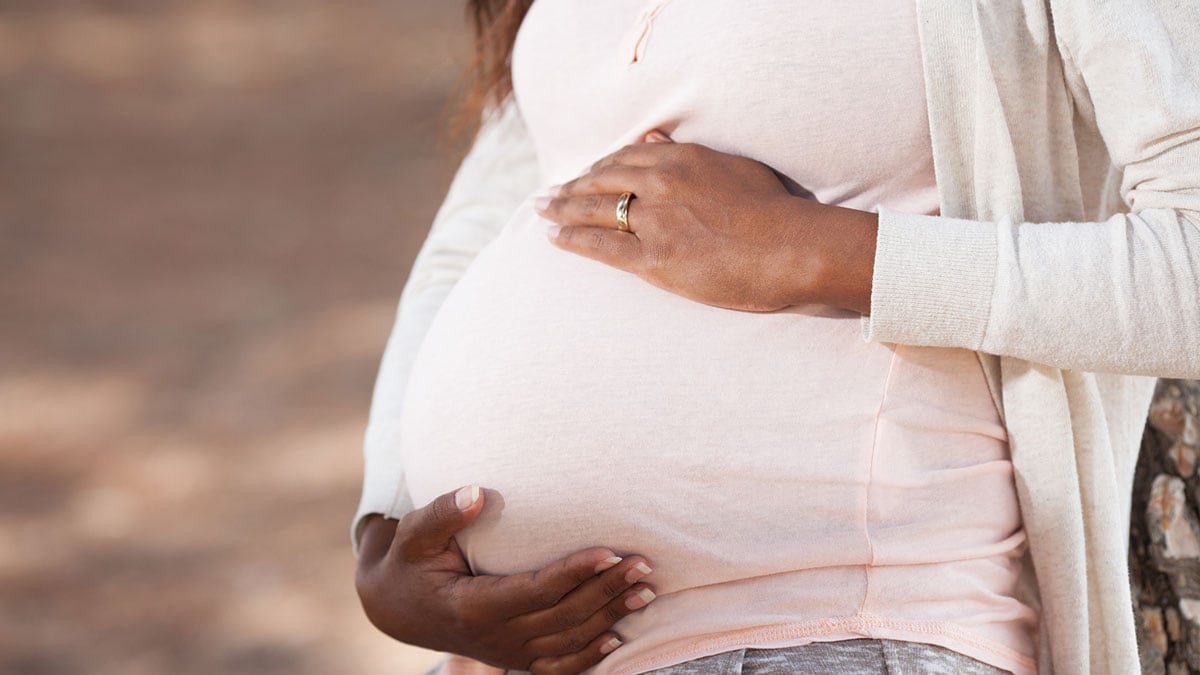At a glance
Before you become pregnant, learn how to protect yourself and your child from serious diseases. A pregnant woman should get vaccinated against whooping cough, flu, COVID-19, and respiratory syncytial virus (RSV).

Vaccines Before Pregnancy
Find your vaccination record
It's important to keep an accurate record of your vaccinations. Sharing this information with your pre-conception and prenatal healthcare professionals will help determine which vaccines you'll need before and during pregnancy. If you or your healthcare professionals do not have a current record of your vaccinations, they might be able to help you locate them.

- If you have lived in more than one state and city, provide a list with the name of the state/states and city/cities you have lived at previously.
- See our article on how to locate and keep track of vaccine records if you need more tips on how to find them. Even if you can't find your records, your healthcare professional can still protect your health and your baby by recommending the appropriate vaccines.
Make sure your vaccination record is up to date
Even before becoming pregnant, make sure you are up to date on all your vaccines. Being up to date will help protect you and your child from serious, preventable diseases. For example, rubella is a contagious disease that can be dangerous if you get it while you are pregnant. It can cause a miscarriage or serious birth defects.
Protect yourself against rubella with the MMR vaccine
The best protection against rubella is the MMR (measles-mumps-rubella) vaccine. If you aren't up to date with the MMR vaccine, you'll need it before you get pregnant. Make sure you have a pre-pregnancy blood test to see if you are immune to the disease. Most women were vaccinated with the MMR vaccine as children but confirm with your doctor or other healthcare professional.
Out of an abundance of caution, it is best to avoid becoming pregnant, if possible, until one month after receiving the MMR vaccine and your immunity is confirmed by a blood test.
Vaccines During Pregnancy
Getting recommended vaccines before or while you are pregnant helps protect both you and your baby from potentially serious diseases that can make you and your baby very sick.

Whooping cough
Whooping cough, known as pertussis, can be serious for anyone, but for a newborn, it can be life-threatening.
- About 7 in 10 deaths from whooping cough are among babies younger than 2 months old. These babies are too young to receive a whooping cough vaccine. The younger the baby is when they get whooping cough, the more likely they will need to be treated in a hospital.
- It may be hard to know if a baby has whooping cough because many babies with this disease don't cough at all. Instead, it can cause them to stop breathing and turn blue.
When a pregnant woman gets a whooping cough vaccine during pregnancy, her body will create protective antibodies and pass some of them to the baby before birth. These antibodies will provide the baby some short-term, early protection against whooping cough. CDC recommends getting a whooping cough vaccine during the 27th through 36th week of each pregnancy, preferably during the earlier part of this time period.
Flu
Pregnant women are more likely to have severe illness from flu, possibly due to changes in immune, heart, and lung functions during pregnancy.
Make sure to receive your yearly flu vaccine —it's the best way for a pregnant woman to protect against the flu and protect the baby for several months after birth from flu-related complications.
CDC recommends getting a flu vaccine by the end of October despite flu seasons varying in their timing from season to season. This timing helps protect a pregnant woman before flu activity begins to increase.
RSV
There are two ways to protect your baby from getting very sick with RSV. You can choose to get RSV vaccine during weeks 32 through 36 of your pregnancy during September to January, or your baby aged 8 months or younger can get RSV immunization during their first RSV season. If you have questions about getting vaccinated, talk to your healthcare provider.
COVID-19
CDC recommends COVID-19 vaccination for everyone aged 6 months and older. Pregnant women are more likely to get severely ill with COVID-19 compared to women who are not pregnant. If you are pregnant, you should stay up to date on your COVID-19 vaccine. Getting a COVID-19 vaccine during pregnancy can protect you and your baby from severe illness from COVID-19. If you have questions about getting vaccinated, talk to your healthcare provider.
Other vaccines
Some women may need other vaccines before, during, or after they become pregnant. For example:
- Hepatitis B: A baby whose mother has hepatitis B is at highest risk for becoming infected with hepatitis B during delivery. Moms, talk to your healthcare professional about getting tested for hepatitis B and whether or not you should get vaccinated.
- Hepatitis A: For pregnant women who have a history of chronic liver disease, doctors or healthcare professionals may recommend the hepatitis A vaccine.
- Vaccines for travel: Pregnant women planning international travel should talk to their doctor or healthcare professional at least 4 to 6 weeks before their trip to discuss any special precautions or necessary vaccines. See Traveler's Health for additional tips on how to prepare to travel safely.
Vaccines After Pregnancy
Healthcare professionals may recommend some women receive certain vaccines right after giving birth. Postpartum vaccination will help protect moms from getting sick, and they will pass some antibodies to the baby through breastmilk if they are able to breastfeed. Vaccination after pregnancy is especially important if moms did not receive certain vaccines before or during pregnancy.
However, moms will not get protective antibodies immediately if they wait to get vaccinated until after birth. This is because it takes about 2 weeks after getting vaccinated before the body develops antibodies.
The baby will also start to get his or her own vaccines to protect against serious childhood diseases.
